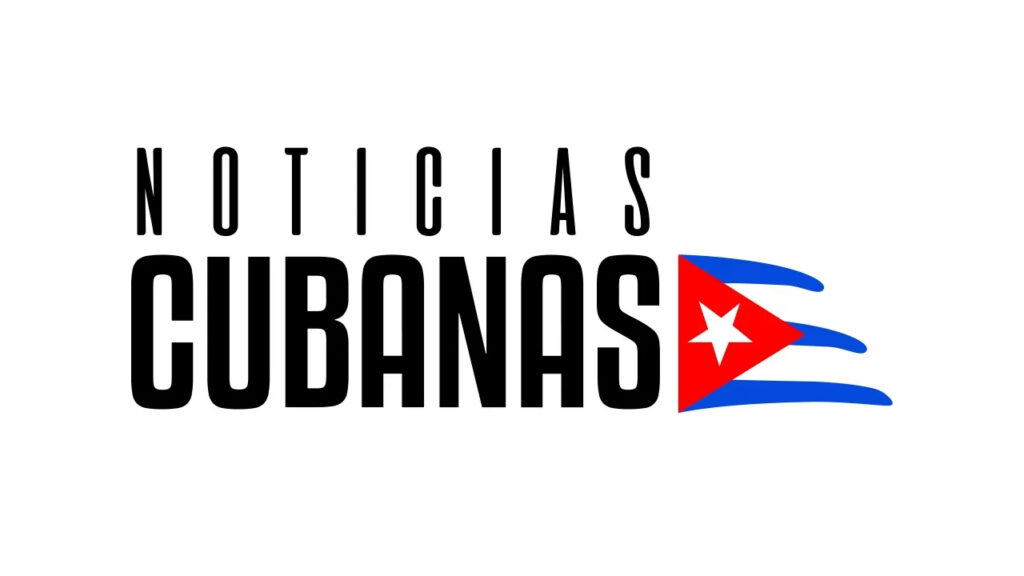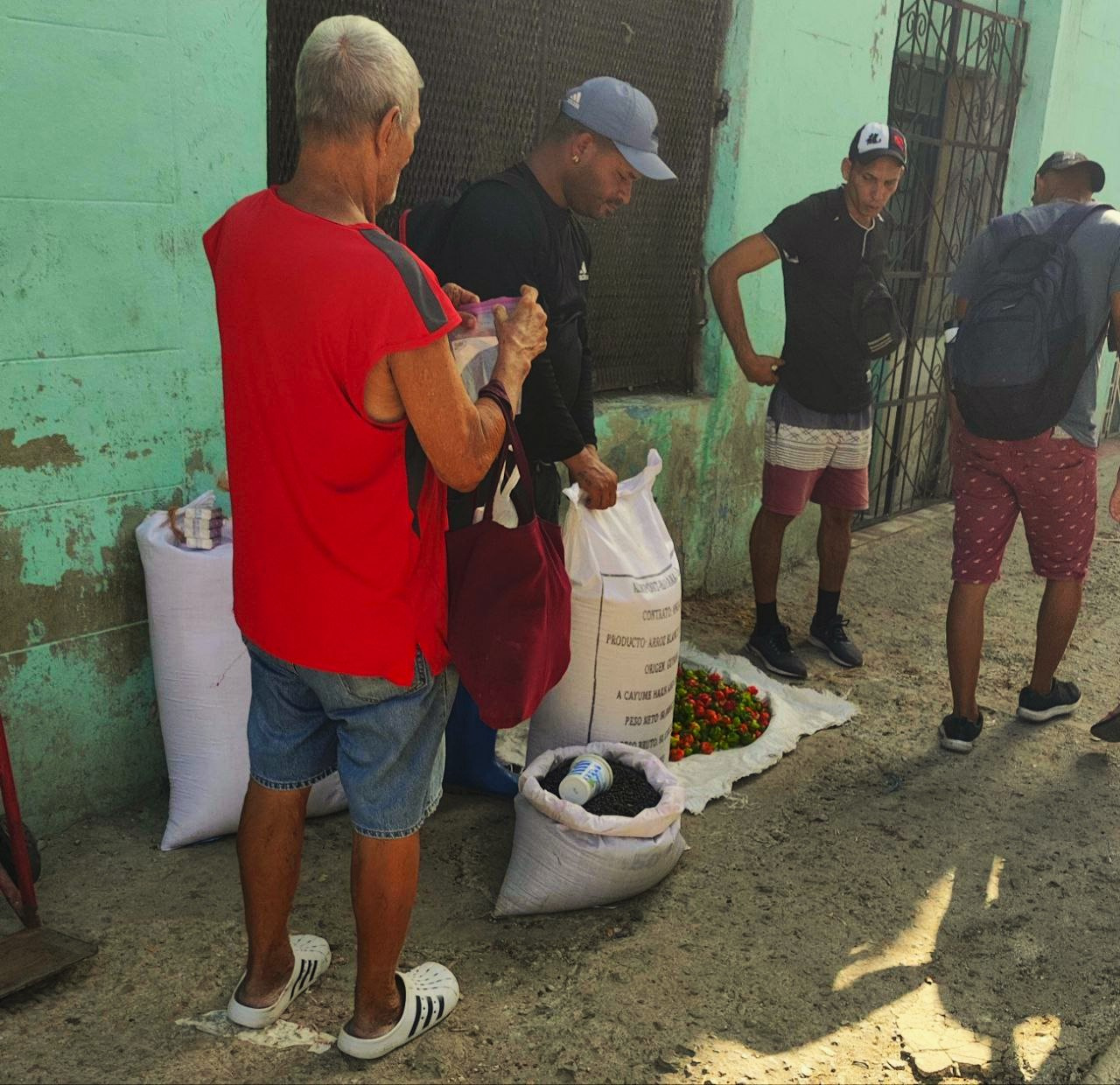HAVANA, Cuba, Aug 20 (ACN) Decree-Law No.35 on Telecommunications, information and communication technologies and the use of the radio-electric spectrum in Cuba, published this week in the Official Gazette, is the first high-ranking legal regulation of the country that presents a legal basis for the defense of national sovereignty and people in cyberspace.
The fact that a few hours after its publication, a media campaign was detected to reject it is evidence of the need for a regulation of this type, which is not only limited to the propagation of fake news, as has been generally intended, but also eliminates legal gaps related to the protection and development of the radio electric space, the integrity of Internet users and the development of the national infrastructure.
The legal package is approved in a context of urgency. As has been demonstrated, the events of July 11 were marked by a media campaign originating on the Twitter platform and under the hashtag #SOSCuba, while the websites of the Ministry of Foreign Affairs, the Presidency and the news media Granma, Juventud Rebelde and Cubadebate received cyber attacks that were detected from IP addresses located in the United States, France and Turkey.
The regulation serves to make it clear that the Cuban State is the one who manages the radio electric spectrum in the nation. A remarkable aspect in the midst of threats from the U.S. Senate, which approved an amendment (3097) that requests president Joseph Biden to facilitate free Internet access in Cuba through the creation of a fund to make this service possible.
Cuba is not the only country in the world that has decided to set legal guidelines in the telecommunications and cyberspace field. On the contrary, perhaps the regulation should have appeared much earlier when cyberbullying and the repercussion of fake news began to have a presence in our citizenship.
According to the official website of the European Council, the European Union (EU) takes measures to address cybersecurity challenges that are aimed at improving cyber resilience, fighting cybercrime, boosting cyber diplomacy and strengthening cyber defense.
“In May 2019, the Council established a framework that allows the EU to impose targeted sanctions to prevent and respond to cyber-attacks that represent an external threat to the EU or its Member States.
More specifically, this framework allows the EU for the first time to impose sanctions on persons or entities responsible for cyber-attacks or attempted cyber-attacks, or who provide financial, technical or material support for them or are otherwise involved, as well as other persons and entities associated with them,” it refers.
According to the latest United Nations report, a cyberattack occurs every 39 seconds worldwide, therefore, in order to protect countries from aggression that may have an impact on their internal management and order, it is necessary to understand cybersecurity within public policies by means of legislations.
In France, three years ago, a law against information manipulation was passed, which implies punishment with penalties of 45, 000 euros or imprisonment. The regulation highlights three essential offenses: manifestly fake news, mass dissemination of news, and disturbance of public order and electoral vote.
The Malaysian government imposes fines of 123,000 dollars and prison sentences of up to six years for creating, publishing or disseminating “wholly or partly fake” news affecting the country or its citizens.
On the other hand, in the United Kingdom, cybercrime can be punishable by 14 years in prison or even life imprisonment. The legislation covers, among other aspects, the damage to sensitive material including: damage to people’s wellbeing, the environment, the country’s economy, national security and that of any other nation, etc.
Meanwhile, in Germany, the government promotes political education and training to citizens about fake news. In addition, in 2018 a rule came into force that forces digital platforms to remove messages with “criminal content” and if they fail to do so, they face million-dollar fines, according to Deutsche Welle television station.
For its part, Latin America is trying to make progress in terms of cybersecurity and confronting fake news. In Argentina, the Observatory of disinformation and symbolic violence in media and digital platforms was launched.
In El Salvador, a proposed regulation calls for up to five years in prison for those who spread fake information. Also, in July 2020, the Brazilian Senate approved a bill against fake news, which is being opposed by the ultra-right-wing government of Jair Bolsonaro.
Freedom of expression is a right enjoyed by all Cubans because it is enshrined in Article 54 of the Constitution of the Republic. Decree-Law 35 does not limit the exercise of this right but establishes a legal framework for a contemporary phenomenon faced by several societies: the propagation of fake news, which has also been recognized as a threat to people’s freedom of expression.
At the same time, Cuban regulations encourage the development of the infrastructure of the mobile radio communication system, among other issues that seek to improve telecommunications for a better development of the country.
Protecting personal and national information and avoiding information manipulation are challenges that citizens and their governments must face. Currently we live in a scenario in which the network of networks provides tools in our favor, but these same tools can harm us by creating virtual realities for political purposes.
Education about fake news and the development of a culture of cybersecurity is an important step for its detection, but also its legal control is essential for a more humanistic and liberating use of these technological platforms.







